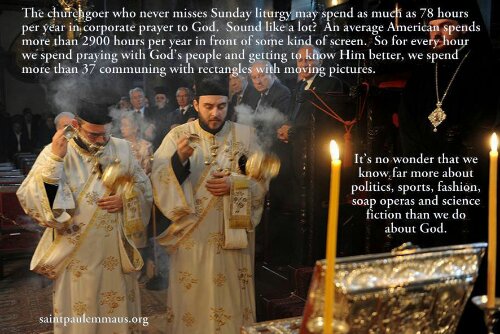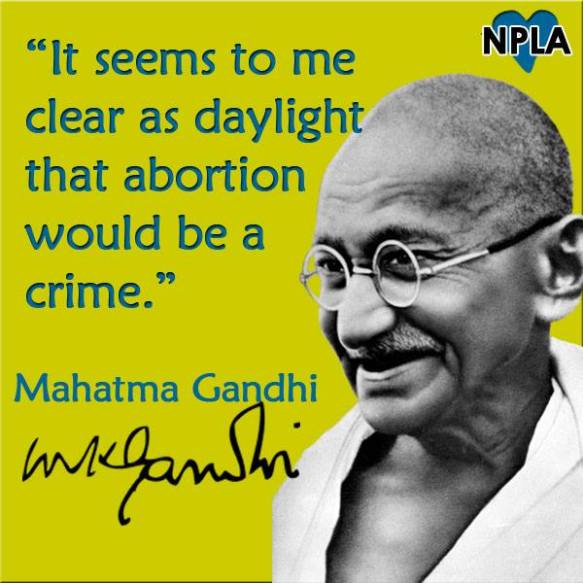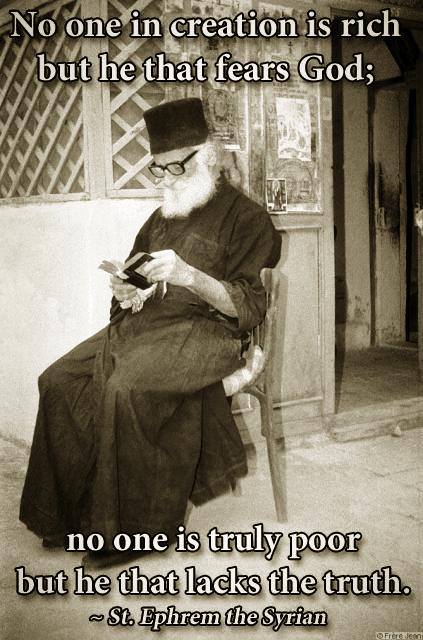
“Something special is happening in Austin tonight” – these are the words of one of President Obama’s recent Tweets.
For the President of the United States to write about any place-specific event being “something special”, one might assume that he is either campaigning in a town that is part of a crucial county during an important election, speaking at a memorial service for someone he deeply respects, or reflecting on something which he considers to be of great national importance. The President does not simply throw around endearing, praiseful language such as this without reason; for him to call any event “something special”, he has to see it as important and worthy of praise. Most of all, he has to believe that his response is expected.
Bearing this in mind, I was thus all the more disturbed by the President’s choice [or one of his staffer’s – I don’t know if the President actually writes his own Tweets, though, giving his well-known folksy speaking style, I wouldn’t be surprised if he actually wrote this one] to refer to Texas state senator Wendy Davis (D-Fort Worth)’s infamous filibuster as “something special”.
Perhaps naively, given the escalation of the ongoing “culture wars” which show little sign of causing any real engagement between polarizing and opposing worldviews, I never expected that I would see the U.S. head of state single out a state senator’s filibuster against a state bill which would have outlawed abortions at the fifth month of pregnancy (20 weeks). It is truly astonishing for the President to laud Senator Davis’ work as “special”. As jarring as it is to read such a statement coming from the President, ultimately, no one should be surprised, given that this is the man who wished God’s blessing upon Planned Parenthood, that infamous federally-funded political group which, yes, does provide many low-cost and free health services to women, while also serving as the nation’s largest abortion provider (what a sickening word in this context, as if obtaining an abortion were comparable to obtaining a new wireless telephone network or Internet provider!).
I tend to refrain from posting directly about political topics on here for various reasons, the most obvious one being that, as a university student, I have ample opportunity to discuss domestic and international politics with friends, professors and colleagues both offline and on that medium which has become so ubiquitous in most people’s lives today, Facebook. I don’t follow President Obama’s Twitter account, but I came across this image, and it so disturbed me that I decided to print-screen copy and save it as a Paint document in order to showcase this particular Tweet for all the world to see.
This is so far the only time in my life that a Tweet has actually made me sick to my stomach. It is truly sad to see the degree to which President Obama is either enslaved to the demands of what I have taken to calling progressive liberal orthodoxy (of which the cause of safeguarding a woman’s “right to choose” is a core tenet, underlined by the general desire to ‘liberate’ women to be the absolute masters of their own bodies, even if this means opposing bans on partial-birth abortion), or the degree to which he genuinely believes in its creed. I am filled with so many different thoughts, ranging from disgust to shock, but most of all, the horror that I voted for him in 2008. Did I really once believe that this man offered a vision that could somehow unite the country and move the country “forward”? Granted, I am from New York, a liberal state which the President carried with a super-majority in both 2008 and 2012, so it is not as though my vote in 2008 was of any consequence, and of course, one vote makes no difference in a contest decided ultimately by unelected presidential electors, yet it truly amazes me that, only five years ago, I enthusiastically supported this man and his agenda.
Most people in the United States and, I imagine, millions of people across the globe are well-aware of President Obama’s position as one of the most vocal and consistent advocates for “abortion rights” in political history. Even so, it is shocking to read that he considers a female state legislator’s obstructionist filibuster in defense of a woman’s “right” to terminate a developing life inside her at up to 20 weeks as “something special”. Of course, the full Tweet bears examination, and in its concluding hashtag, #StandWithWendy, we can infer why President Obama really sent out this Tweet: he (or his political handlers) feel a deep indebtedness and sense of obligation to be seen to publicly support and encourage all aspects of the progressive feminist movement, of which Planned Parenthood is at the forefront nationwide.
In this short hashtag, inserted to instantly generate positive feedback from the President’s progressive supporters connected to him through Twitter, we can read just how clearly the President and his team of advisers value their connection to the progressive feminist movement. When one considers this, it comes as no surprise that, evidently, President Obama doesn’t consider the tens of thousands of abortions which happen each year in Austin, TX to be “something tragic”, or “something awful” which our society needs to collectively respond to and work to reduce. Instead, he feels a strong sense of obligation to respond to praise Senator Davis’ speech as “something special”.
Perhaps you are wondering why I have been so particularly disturbed by this one tweet, when the President’s position on this issue is well-known. I have written on here previously on the subject of abortion from a Christian existentialist perspective (the logical conclusions that, to be fully “pro-choice”, you must inevitably assert that you do not believe in your own right to exist, for your mother’s right to abort, had she wished to do so, would have trumped this). Yet the audacity of the President’s Tweet, his callous and complete indifference to the terrible reality that even contemplating abortion is an agony for most women, let alone his complete disinterest in pushing for commonsense reforms to fix the nation’s domestic adoption program, struck a chord within me.
This president cannot truly see abortion as a “tragedy”, as he referred to it in one interview during his presidential candidacy in 2008, but he genuinely does not care about reducing abortions. He cares very much about the opinion of that minority of female voters who identify as progressive, but for the silent witness of millions of unborn babies, he cares not at all.
This legislation in Texas also disturbs me on a very personal level: I was born at 5 and a half months, 24 weeks. I weighed 1 and one-half pounds, and could fit in my father’s hand. The best doctors available all assured my parents that my twin brother Sean and I would both die, or be severely physically and mentally handicapped for life. I spent the first months of my life in an incubator in a neo-natal unit. While my brother sadly did not survive, here I am, with no physical or mental disabilities or ‘marks’, save some scars from the tracheotomy and open heart surgery from when I was an infant thought to be dying.
I am, by God’s grace, a living testament that someone who entered this world almost four months early can not only survive, but thrive beyond the best doctors’ expectations. But to President Obama, my very entrance into this world at all is an unexpected outlier, an anomaly that clashes with his worldview: my mother could have had me, but he would be equally fine with her having decided, for any number of reasons, that she just didn’t want to go through with it. To this day, in New York State, a woman can abort her developing baby up to, and past, the point at which I entered this world. This thought alone is alarming. But what is most alarming is that this President, who claims so often to value consensus-building and dialogue, couldn’t be bothered to try to make it easier for women considering abortion to look to the alternatives. Instead, he prefers to Tweet his support for a woman who crusades against the developing lives of those in the womb at the very gestation when I entered the world.












